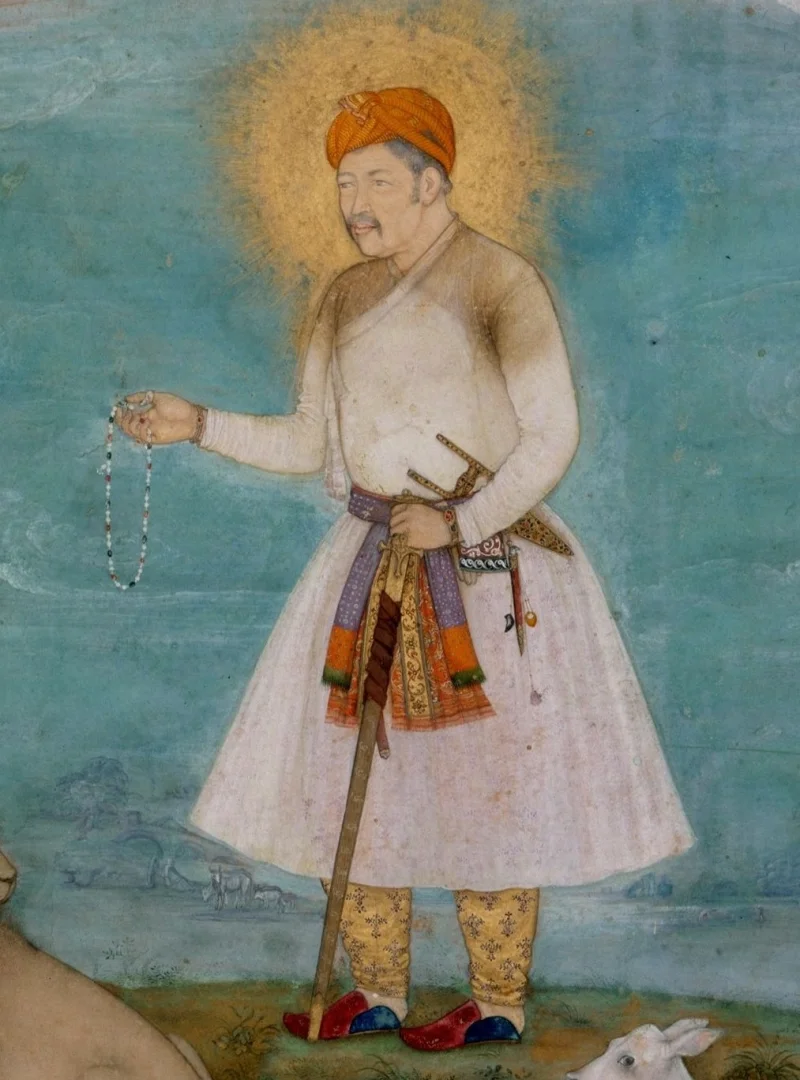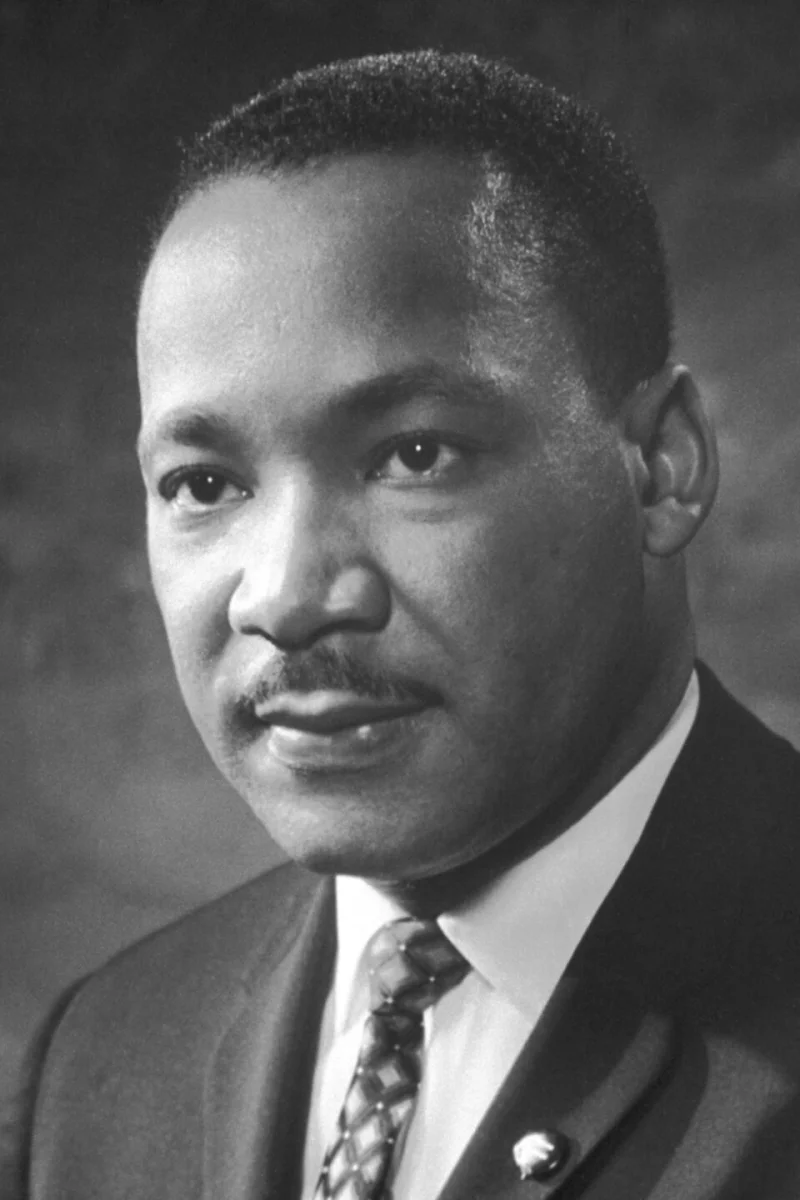Short Summary
Akbar the Great was the third emperor of the Mughal Empire, reigning from 1556 to 1605. He is known for consolidating and expanding the empire across the Indian subcontinent. Akbar is famous for his policy of religious tolerance, innovative administrative reforms, and patronage of the arts. His reign is often considered a golden age in Indian history, characterized by cultural and economic prosperity.
Early Life & Education
Born on October 15, 1542, in Umarkot, present-day Pakistan, Akbar was the son of Humayun, the second Mughal emperor, and Hamida Banu Begum. His early years were marked by instability as his family was in exile due to political turmoil. Despite lacking formal schooling, Akbar was tutored in military strategy and administration, skills that would later prove invaluable. Under the guidance of his uncle Bairam Khan, he gained experience in governance and military campaigns, shaping his future policies and leadership style.
Career Highlights
Ascending the throne at the age of 13 after his father's death, Akbar quickly established himself as a formidable leader. Under his rule, the Mughal Empire expanded significantly, incorporating regions such as Gujarat, Bengal, and Rajasthan. Known for his military prowess, he successfully managed to suppress internal revolts and external threats. Akbar's reign was marked by administrative innovations including the Mansabdari system, which organized the empire's military and bureaucratic structures. His policies of religious tolerance and efforts to foster a syncretic culture are other notable aspects of his career.
Major Achievements
- Expansion of the Mughal Empire: Extended the empire across the Indian subcontinent through strategic military campaigns.
- Religious Tolerance: Promoted a policy of religious tolerance, abolishing the jizya tax on non-Muslims and engaging in interfaith dialogues.
- Administrative Reforms: Implemented the Mansabdari system, streamlining the empire's administration and ensuring efficient governance.
- Patronage of the Arts: Encouraged the flourishing of arts and culture, leading to a rich cultural and artistic legacy.
Famous Quotes
- "A monarch should be ever intent on conquest, lest his neighbours rise in arms against him."
- "There is no power on earth that can undo India."
Interesting Facts
- Akbar was illiterate but had a vast library with over 24,000 volumes.
- He founded the syncretic religion Din-i Ilahi, aiming to merge elements of different faiths.
- His court included the famous Nine Gems, a group of elite advisors and artists.
- He commissioned the construction of Fatehpur Sikri, a city that served as his capital for a brief period.
Legacy / Influence
Akbar's legacy is one of cultural synthesis, religious tolerance, and effective governance. His policies laid the foundation for a prosperous and stable Mughal Empire, influencing subsequent rulers. His approach to administration and emphasis on cultural patronage have left a lasting impact on India’s historical and cultural landscape. Akbar is often celebrated as a model ruler who embraced diversity and unity.
FAQ
Q: Why is Akbar the Great famous?
A: He is famous for expanding the Mughal Empire, his policy of religious tolerance, and his patronage of arts and culture.
Q: What were Akbar's major contributions to the Mughal administration?
A: He implemented the Mansabdari system and promoted efficient governance structures.
Q: How did Akbar promote religious tolerance?
A: By abolishing the jizya tax, engaging in interfaith dialogues, and fostering a syncretic cultural environment.









